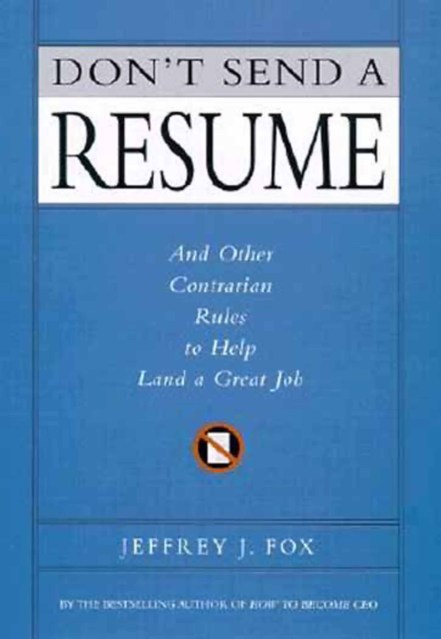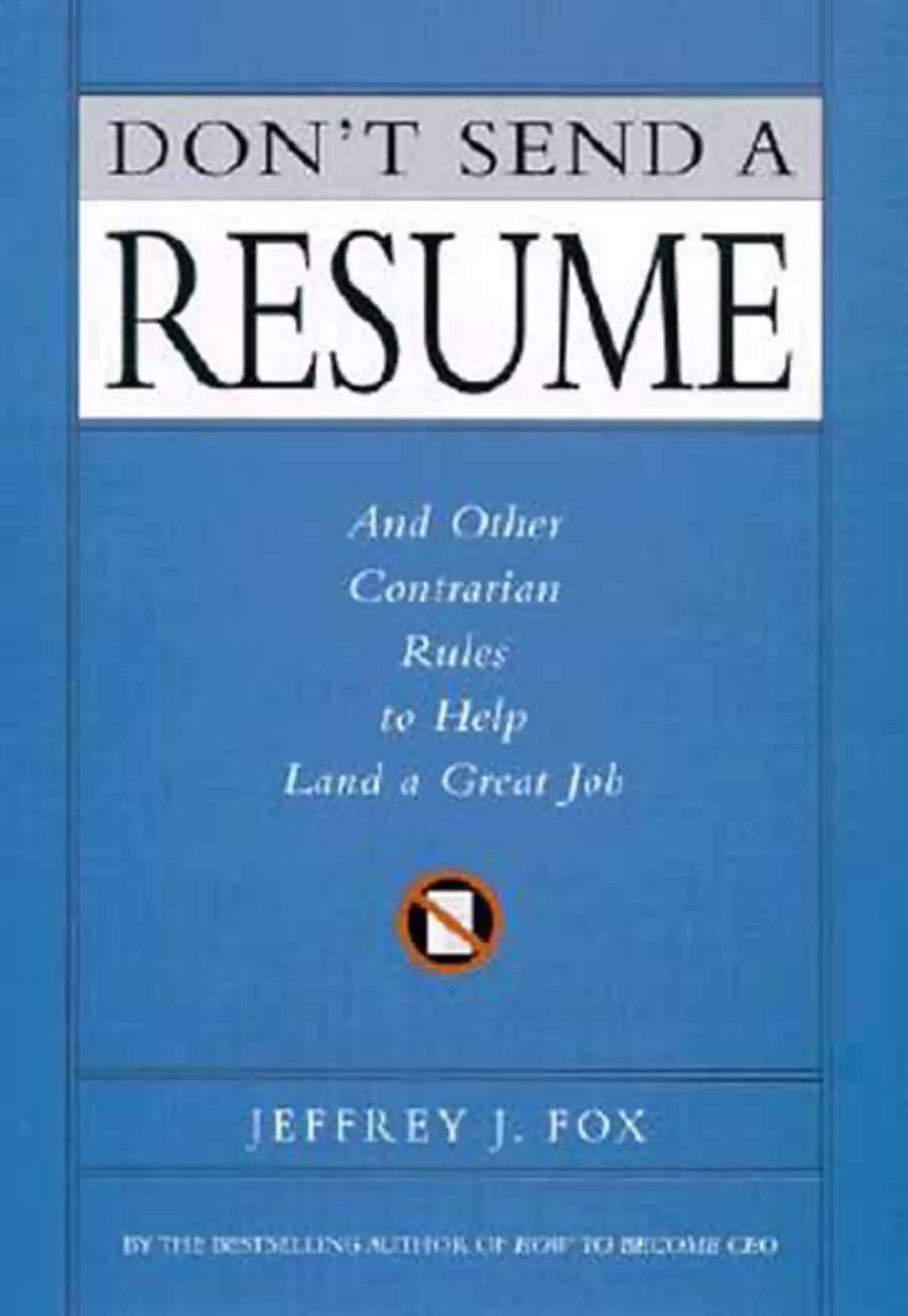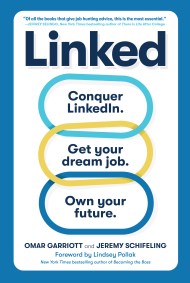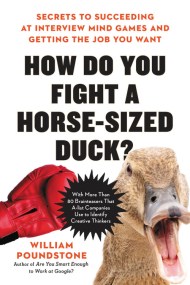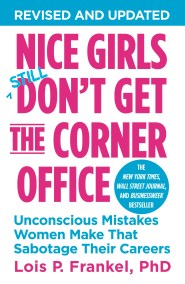Promotion
Use code MOM24 for 20% off site wide + free shipping over $45
Don't Send a Resume
And Other Contrarian Rules to Help Land a Great Job
Contributors
Formats and Prices
Price
$7.99Price
$9.99 CADFormat
Format:
ebook (Digital original) $7.99 $9.99 CADThis item is a preorder. Your payment method will be charged immediately, and the product is expected to ship on or around November 1, 2001. This date is subject to change due to shipping delays beyond our control.
Also available from:
Anyone who thinks getting a good job is easy in this booming economy should think again. The real plum jobs are out there, but they’re harder to get than ever. Now, bestselling author and innovative thinker Jeffrey J. Fox steps up to the plate once again with this no-nonsense collection of surprising and daring rules for landing the right job. Fox offers a Job-Getting Blueprint, a Job-Seeker’s Glossary, several first interview questions, as well as the basic form and variations for a boomerang letter. His rules not only help today’s job seekers devise a winning strategy, but also show them how to prepare for and make the best impression in an interview.
Genre:
- On Sale
- Nov 1, 2001
- Page Count
- 172 pages
- Publisher
- Hachette Books
- ISBN-13
- 9780786870639
Newsletter Signup
By clicking ‘Sign Up,’ I acknowledge that I have read and agree to Hachette Book Group’s Privacy Policy and Terms of Use
